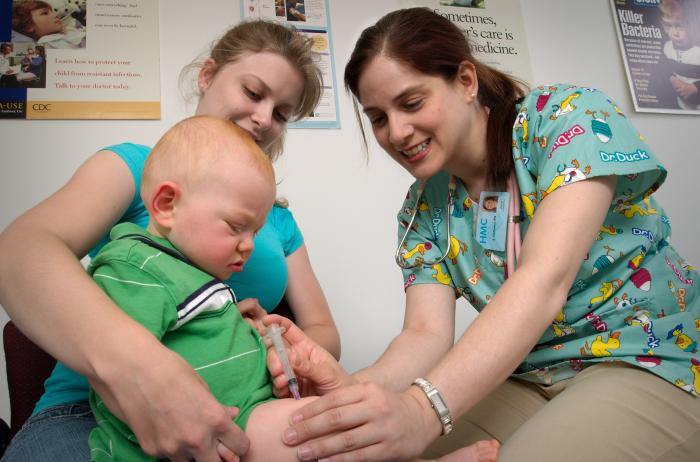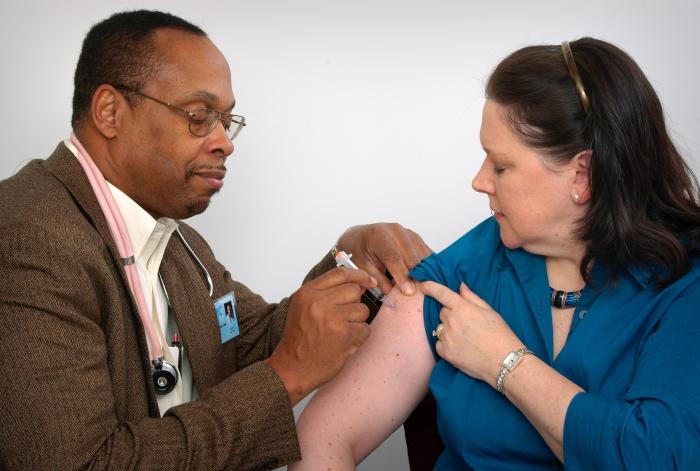Initiative Gives Health Care Dose of Transparency
By giving patients access to their doctors’ notes, the OpenNotes initiative seeks to improve health and health care. Danville-based Geisinger Medical Center was one of three health systems to participate in a national study, and officials there were so pleased with the results they’ve already expanded the program.
“Patients really seem to love this and physicians – for the most part – really don’t seem to mind all that much,” explains Dr. Jonathan Darer, Geisinger’s Chief Innovation Officer.
82% of the patients participating in the trial actually opened their notes, and 77 – 87% of them reported that access to their doctors’ notes made them feel more in control of their health care.
“Here we have an innovation where all we did is share information and patients feel like they’re getting better care,” Dr. Darer tells Radio PA. “How cool is that?”
In light of the study’s findings, Geisinger has expanded the OpenNotes program to more than 500-doctors and roughly 130,000 patients.
Darer envisions the day when the initiative will be ubiquitous, not only at Geisinger, but throughout the health care industry. Adaption will be even faster, Darer says, if future studies can confirm that this sort of information sharing improves clinical outcomes in addition to getting patients more involved in their care.








